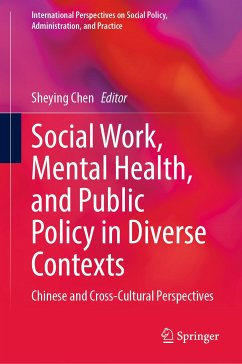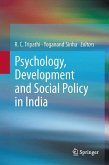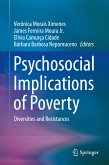The development of social work is historically intertwined with that of public welfare, philanthropy, and charity and is an inherently international subject. This conception is broader than "international social work" as a discrete field of professional practice, which crosses geopolitical borders and all levels of social and economic organizations with a focus on development. However, each nation has a story of its own in terms of professionalization of social work in the evolution of public welfare and philanthropic/charitable undertaking within its particular economic, political, social, and cultural settings. A wide-ranging and in-depth study of various (especially non-Western) country cases is essential to an adequate, comprehensive understanding of the social work profession, which is also a basic requirement of its value of diversity.
China is undoubtedly an important case with the largest population on earth. It's also unique in view of so-called Chinese characteristics which are sometimes fundamentally different from other (particularly Western) societies. It's even intriguing given the country's lengthy, complex history and its recent, rapid rise to a global superpower with a claim of national goals and core values that seem to be rather considerable to social work as a helping profession. Therefore, any significant lessons learned from the Chinese experiences would help with a better international understanding and further advancement of social work and public welfare at a global scale.
Dieser Download kann aus rechtlichen Gründen nur mit Rechnungsadresse in A, B, BG, CY, CZ, D, DK, EW, E, FIN, F, GR, HR, H, IRL, I, LT, L, LR, M, NL, PL, P, R, S, SLO, SK ausgeliefert werden.









